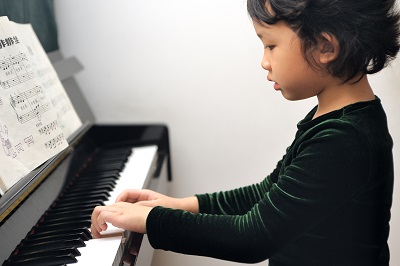Packing for a move is an activity many people would happily avoid. At the same time, packing your belongings on your own is the most cost-effective choice. Continue reading “Tips For Packing Instruments When Moving”
Latest from Our Blog
Safe Lifting: Are You Sure You Should Move Your Piano?
Most people experience a degree of stress whenever possessions need moving. The stress multiplies when the items that need to be moved are especially large and heavy, such as pool tables or pianos. Continue reading “Safe Lifting: Are You Sure You Should Move Your Piano?”
Advice and Useful Information for Hiring Professional Piano Removalists
Whether your piano is a treasured family heirloom or will become one, it needs special care and attention when it is moved. Large or small, pianos are amongst the heaviest and most delicate of musical instruments. Continue reading “Advice and Useful Information for Hiring Professional Piano Removalists”
COVID-19 Effect on Our Business
The Safety of Our Customers & Employees is Our #1 Priority
We are still open for business as normal.
In the response to the sustained and elevated risks of the coronavirus (COVID-19), Piano Removalists Perth is monitoring the situation closely.
As a company, we are following all current guidelines provided by the World Health Organisation and Australian Government.
The safety of our customers and employees during this time is paramount.
Safe Piano Moving Suggestions
What to Look for in a Great Piano Removalist
How to Take Care of An Acoustic Piano

First, if you need to move a piano at any time use experts. Be careful to only use professional piano movers. Regular movers might think they’re being careful, but dings are almost inevitable on such a large piece. On a piano, a small ding might make a difference.
Cover the keys with the fallboard when the piano’s not being played. If it’s not going to be played for a while, cover it with a drop cloth. The most enjoyable way to take care of a piano is to simply play it regularly. It keeps the piano in good working order.
Dust the piano every other week or so. Clean the keys with mild soap and a damp cloth but don’t let them be damp for an instant longer than they have to be. Never use solvents or any other harsh chemicals on the keys. Though it may be tempting, don’t open up the piano and dust inside. That is the job for a professional. Indeed, it’s a good idea to find a technician who does know how to keep the piano’s innards good shape.
Tune the piano about twice a year. Playing a piano that’s out of tune can actually shorten its life. Besides tuning, the piano needs voicing. Voicing is the quality of its sound, ad can be brilliant, warm or soft. This has little to do with the health of the piano but is the owner’s or player’s preference. The voice of a piano changes as it ages, like a human’s. If the voice is “off,” the piano needs to be checked. Continue reading “How to Take Care of An Acoustic Piano”
What’s the Best Piano to Buy for a Beginner?
A piano is a joy to play and gives even the humblest room a touch of sophistication and elegance. A well-kept piano can last for as long as 60 years, but well before it’s played its last note there are two questions a potential owner might ask: What’s the best piano for a beginner, and how do I take care of the piano once it’s bought?
First, the very best type of piano for a beginner is an acoustic piano, specifically an acoustic upright, which costs much less than a baby grand. An acoustic is still pricey and can run from $4,000 to $8,000, but there’s nothing better to develop the skills and even the strength needed for a beginner to learn to play the piano well. An acoustic is made of real wood and has real strings, and its sound is unsurpassed. Digital pianos and electronic keyboards can be bought, but their sound is not nearly as rich or lovely. A digital piano can come close, but an electric keyboard doesn’t. An electronic keyboard is for a person who already knows how to play the piano.
Since a piano is so expensive, it is best to buy one like you would buy a car, whether new or used. Don’t buy the first one that catches the eye. Take into account the room where the piano will stand. Is the floor carpeted or hard? How high is the ceiling, and what is the ceiling made of? Is it in a high traffic area? Though people may enjoy the idea of family and friends gathering around the piano for sing-alongs, the piano ideally shouldn’t be put in an area where there’s a lot of traffic or where people would be tempted to rest plates of food or glasses on it.
The room where the piano should be placed should not be subject to extremes of temperature or humidity, but should have a steady temperature of about 21 degrees Celsius and 50% humidity. The owner may have to buy a humidifier to control the humidity into the room. It shouldn’t be placed near registers, heating or air conditioning units, fireplaces, swinging doors or in direct sunlight. It should not be put in the basement unless the basement is climate controlled and above grade. Pets should be kept away from the piano as much as possible. Continue reading “What’s the Best Piano to Buy for a Beginner?”

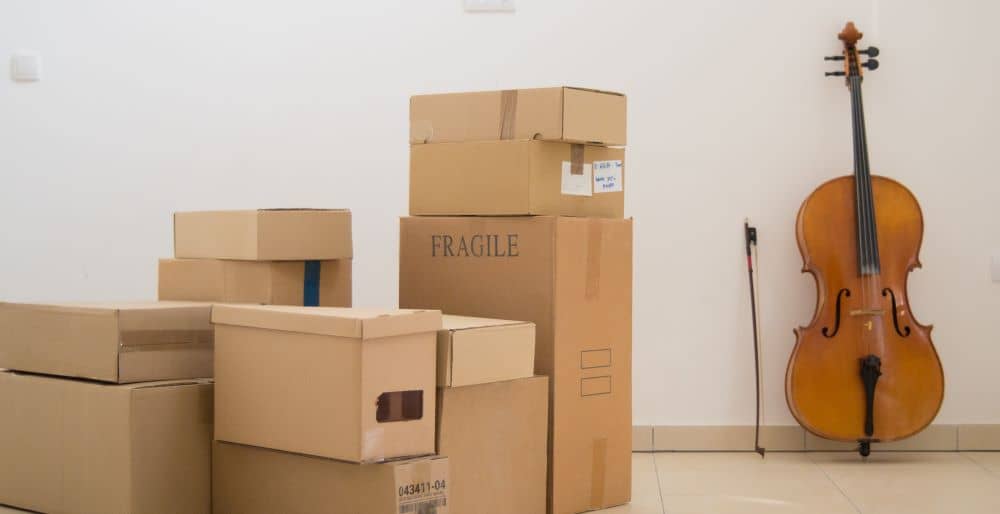
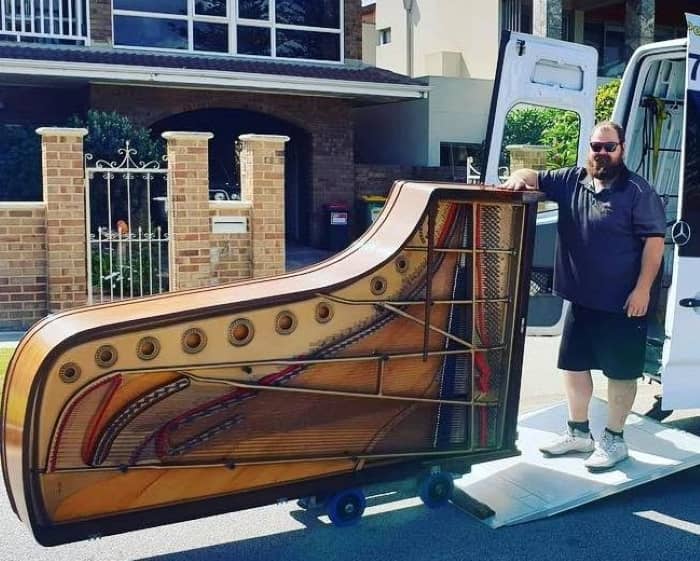
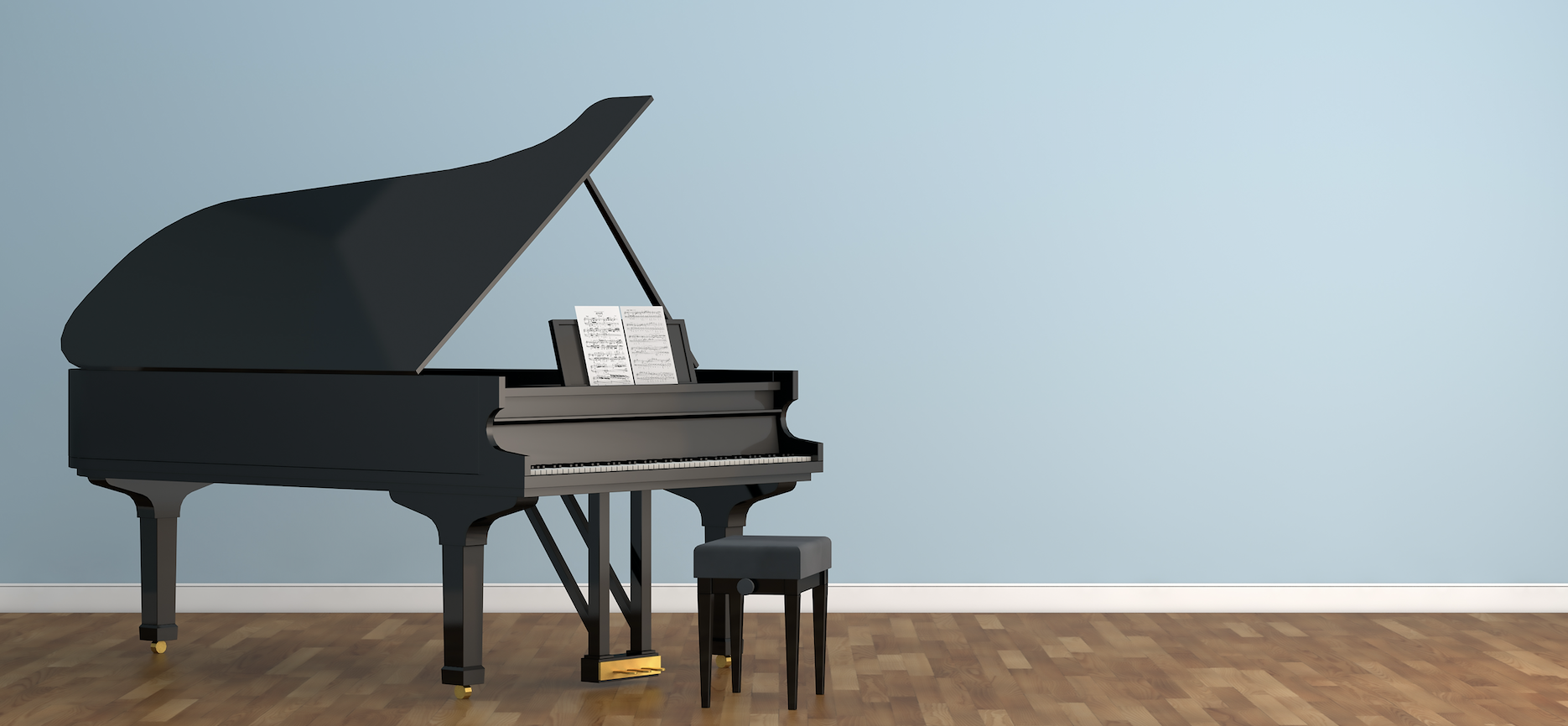

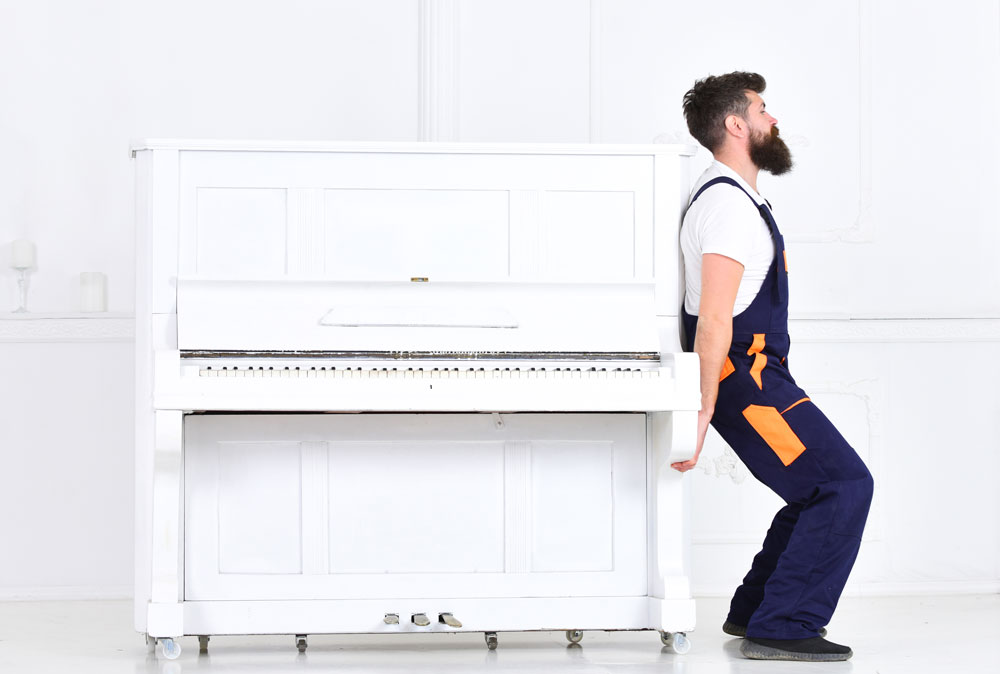
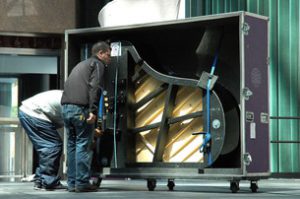 It isn't always easy to find a top-grade professional piano removalist. Pianos are prized possessions for many people. They generally cost a lot of money. They often have significant sentimental value. They're large musical instruments that aren't exactly easy to carry. If you're looking for a first-rate professional who specialises in piano removals, you have to take your search extremely seriously. You can't make the mistake of simply selecting the first removalist you come across. If you do, you could find yourself seriously regretting your choice quickly.
It isn't always easy to find a top-grade professional piano removalist. Pianos are prized possessions for many people. They generally cost a lot of money. They often have significant sentimental value. They're large musical instruments that aren't exactly easy to carry. If you're looking for a first-rate professional who specialises in piano removals, you have to take your search extremely seriously. You can't make the mistake of simply selecting the first removalist you come across. If you do, you could find yourself seriously regretting your choice quickly.